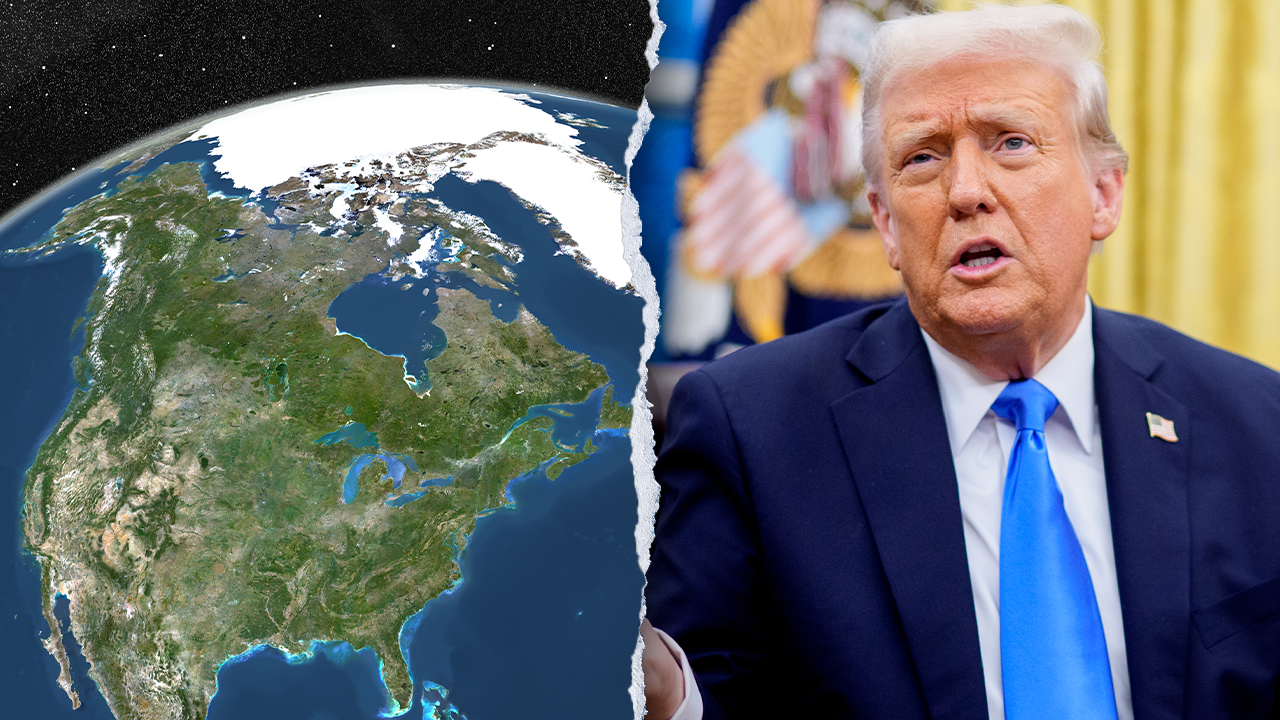Canadian politician meltdowns that Trump admin’s ’51st state’ rhetoric is an ‘act of war’

A liberal Canadian member of Parliament, Charlie Angus, has recently claimed that the Trump administration has committed an “act of war” against Canada. This assertion comes in response to President Donald Trump repeatedly referring to Canada as the U.S.’ “51st state” and imposing tariffs on the nation.
During an interview with the MeidasTouch Network, Angus criticized Secretary of State Marco Rubio for his comments during the G7 Foreign Ministers’ Meeting, where Rubio failed to address Trump’s “51st state” rhetoric. Angus argued that Trump’s statements suggesting Canada should join the United States economically amounted to an act of war.
The origin of the “51st state” rhetoric can be traced back to a meeting between Trump and former Canadian Prime Minister Justin Trudeau. Following his election win in November 2024, Trump began using the title for Canada after Trudeau reportedly stated that Canada couldn’t survive as a nation-state if the U.S. imposed tariffs. In response, Trump suggested that Canada should become a state of the U.S.
Trudeau has since resigned as prime minister, with Mark Carney taking over the position. Under Carney’s leadership, Canada has announced a boycott of U.S. products in response to the tariffs imposed by the Trump administration. The boycott is expected to have a significant economic impact on the U.S., with a potential loss of 140,000 jobs due to a 10% drop in Canadian travel to the country.
Trump, on the other hand, defended his administration’s actions on Fox News, claiming that the U.S. subsidizes Canada by $200 billion a year and asserting that the U.S. does not need Canadian products such as cars, lumber, or energy. He criticized Canada for sending millions of automobiles to the U.S. and expressed a preference for American-made goods.
Overall, the escalating tensions between the U.S. and Canada over trade issues have raised concerns about the future of the relationship between the two countries. The imposition of tariffs and the exchange of heated rhetoric have strained diplomatic ties and threatened economic stability. It remains to be seen how the situation will unfold and whether both nations can find a resolution to their differences.




